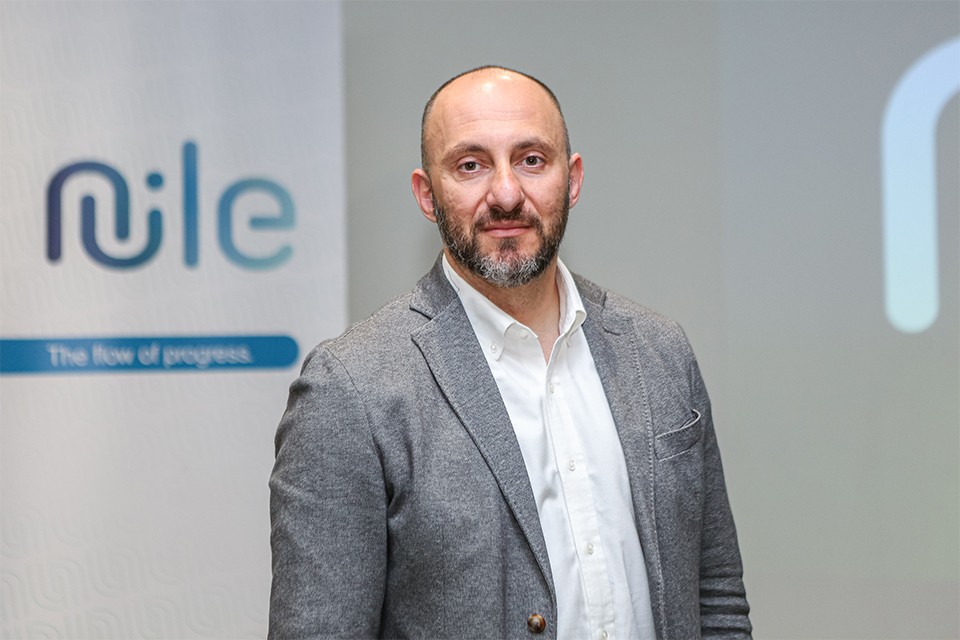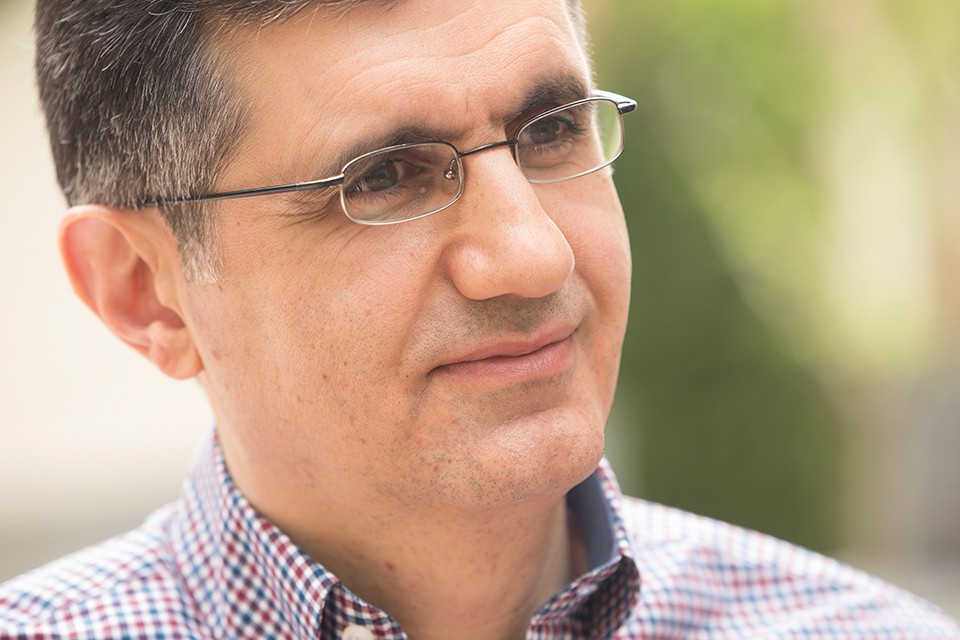-
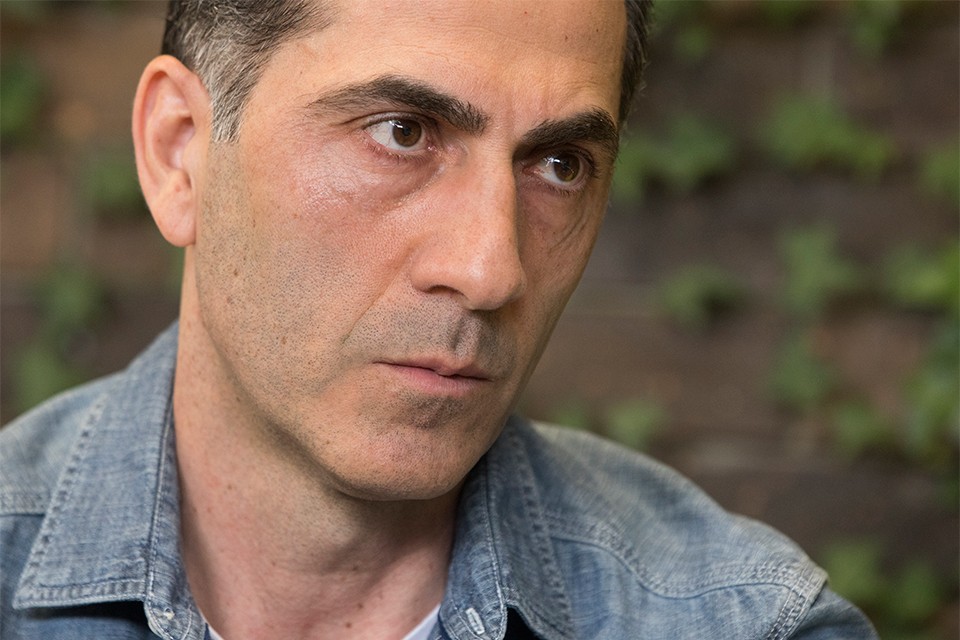
Armen Orujyan
-
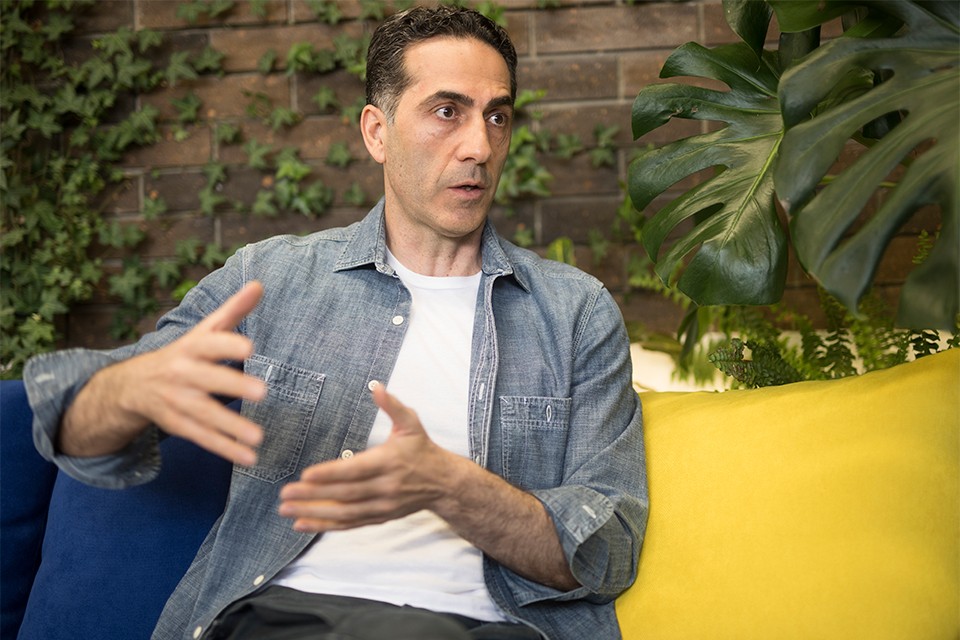
Armen Orujyan
-
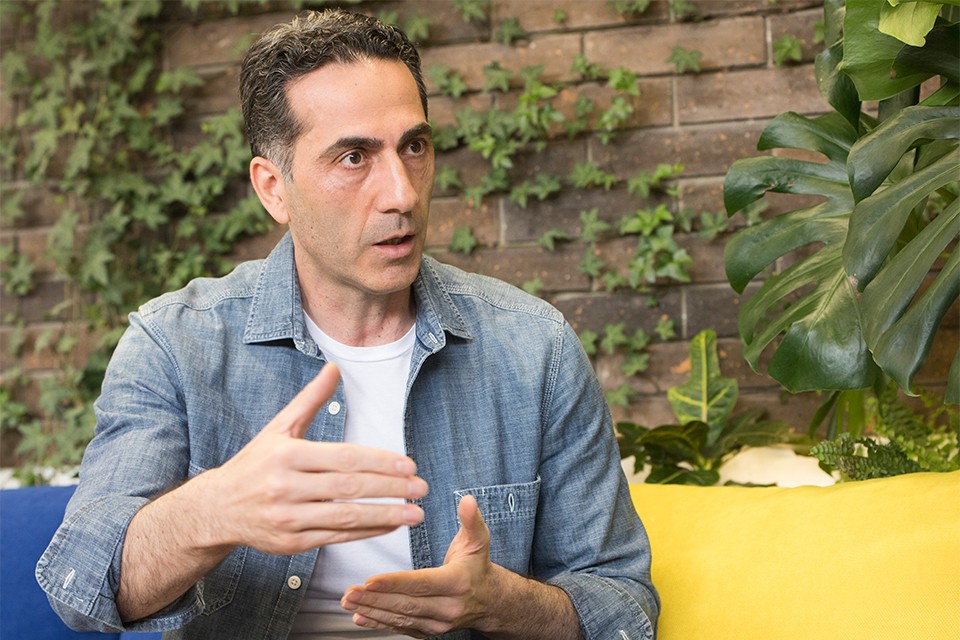
Armen Orujyan
-
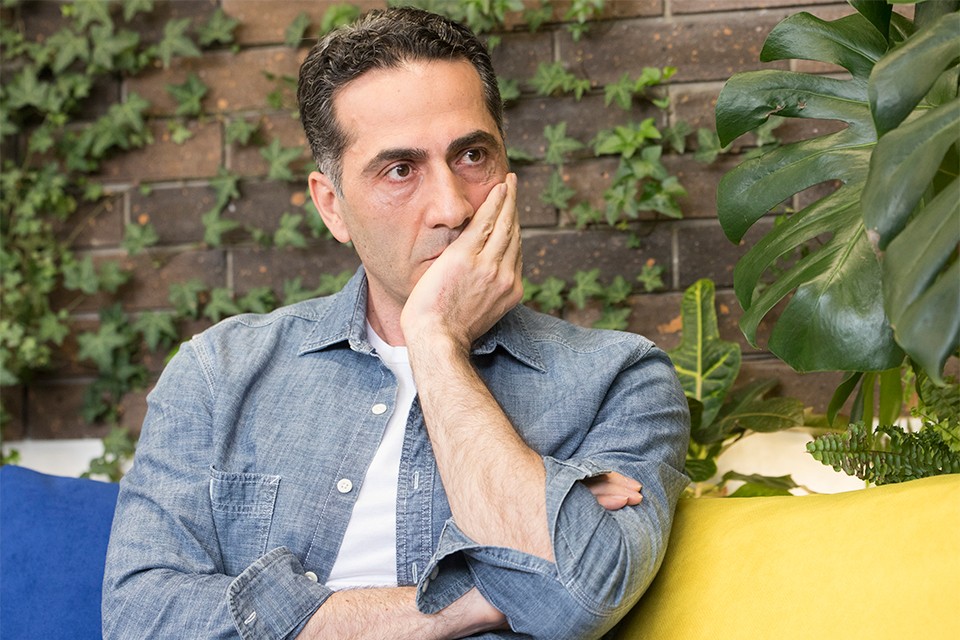
Armen Orujyan
-
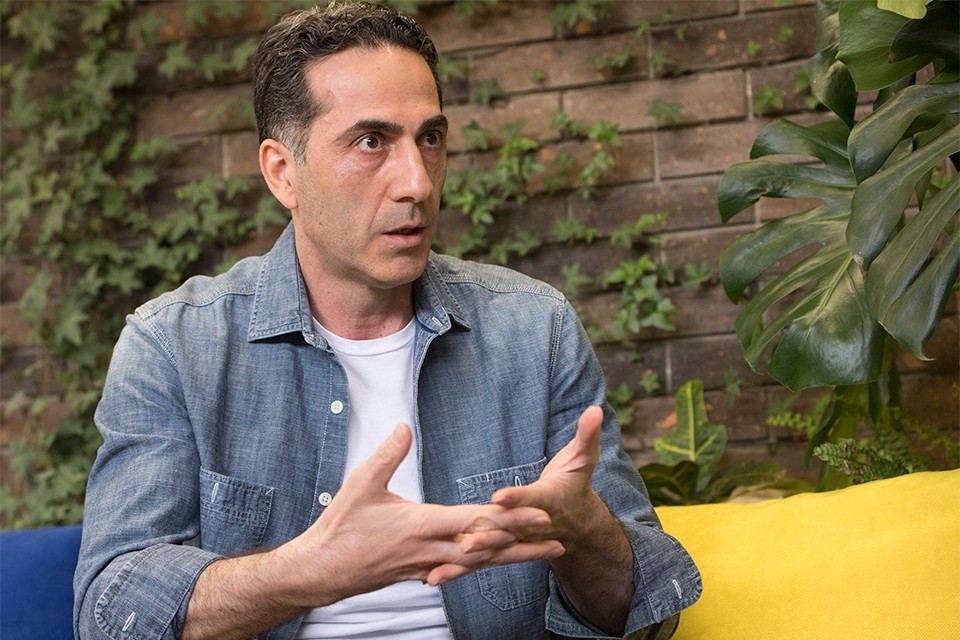
Armen Orujyan
-
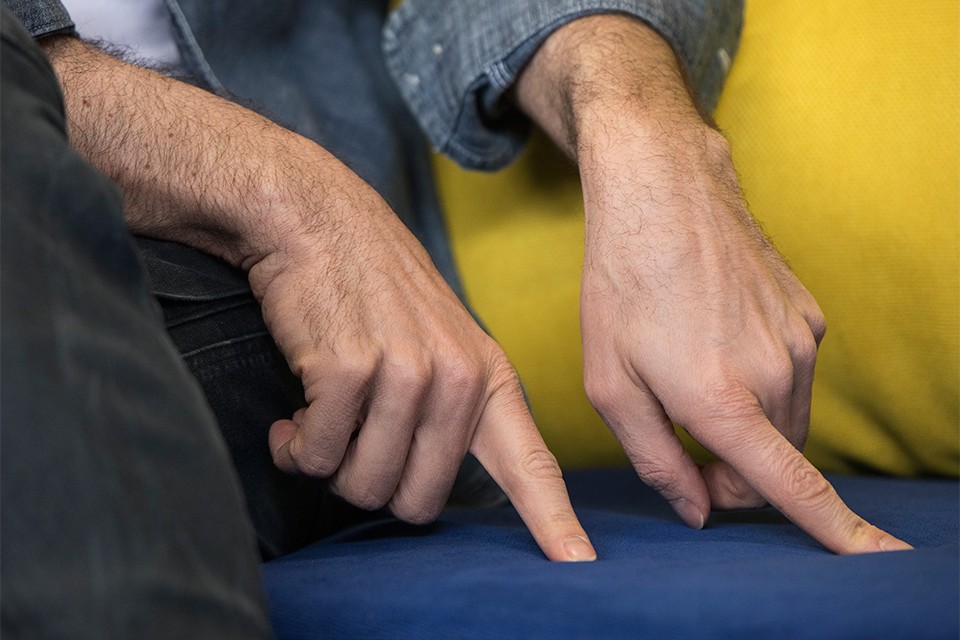
00:01 | 12.05.21 | Interviews | exclusive 54051
Armen Orujyan: We need to get rid of illusions
Mediamax spoke to Armen Orujyan, Founding CEO of the Foundation for Armenian Science and Technology (FAST).
The decision made by Ruben Vardanyan and his partners to set up the FAST Foundation was mainly conditioned by the April 2016 war. A war that was both unexpected and shocking. One could argue that the 2020 war was neither unexpected nor was it shocking. Do you think FAST could have done more since its inception?
Two weeks after the war, I left for the United States and met with 40 of our compatriots in Los Angeles. One of the questions asked at the discussion was what we were going to change in our post-war plans. We naturally have some things to adjust yet from the inception, our mission was to help build an ecosystem that could assure competitive education, scientific advancement, and technological innovation in Armenia.
But the threat of the war preceded the establishment of the Foundation. The threat was quite obvious for a number of years, if not for the 2016 conflict or the other side’s hostile global positioning and rhetoric for over a decade. The war presented few new revelations.
Instead, if there were any reservations, it solidified how things really are in the world and in international politics. In some circles, there were expectations that the West would get involved and respond with determination, but things don’t necessarily work that way.
In realpolitik, problems are not solved through expectations. Everyone is concerned with their own existence and self-interest. And there remained no questions after the war on the nature of ‘alliances’.
FAST has been operating for 3.5 years, which has allowed us to establish a strong foundation based on which we can further provide long-term and global solutions. Yet, that is not enough to achieve systemic and sustainable changes in any nation, including in Armenia. When we speak of 3.5 years, it is a decent amount of time in comparison to human life span, but in the context of nation building and long-term history, 3.5 years is not even a rounding error to put it in a mathematical context. Consequently, to say that we could have changed the realities in science and technology in that period of time in such ways that it would have changed the outcome of the war would be deceiving. Long-term efforts and arduous work with many iterations are required to achieve a systemwide change.
What was FAST’s biggest achievement and biggest failure during these 3+ years?
Almost from the inception we began working on a concept of an Innovation District with an Adaptive Innovation Campus at the heart of the project. Think of it as a microcosm of a fully functioning science, technology, and innovation ecosystem with immense educational, research, and commercialization dividends. We were close a few times of getting it off ground, but it still hasn’t come to fruition.
 Armen Orujyan
Armen Orujyan
The closest we got to possible funding of this initiative was last April. We had worked closely with the government and laid the foundation to present the initiative on the sidelines of the United Nations annual Investment Fair at their headquarters in New York. The presentation was set for April 23, 2020, but Covid-19 forced a cancelation of the fair. We haven’t given up though. We are still working on this and , if we are fortunate to bring it to life in the ways that we imagine and hope for, it will require upwards of 1 billion dollars in investments and other funding.
In this regard, we need a number of high-stake partners to materialize the initiative. Incidentally, President Armen Sarkissian’s, AToM program is similar in nature, and under the President’s patronage further along. It was an impetus of sorts to begin discussions with the President in unifying our efforts to achieve a better and stronger success for Armenia.
We met a few times before the war and now have decided to restart our collective efforts. We fully realize the challenges in pushing this efforts when the world is still dealing with the pandemic, as we are in Armenia, as well the robust political and economic stability that is a prerequisite for this size of investments to flow, but on the other hand, there appears to be a favorable sentiment in some areas of the globe towards post-war Armenia.
In our conversation in October 2017, you said that “FAST is not a painkiller, it is more of an antibiotic.” Then you went on adding: “I’m not interested in quick impact. I’m looking for an antibiotic type of solution. We may not be as visible as others in that space and I really don’t care to be visible. We’re not a Hollywood blockbuster. I’d rather that no one notices that we exist as long as we’re successful, as long as we are that antibiotic.” Do you still prefer to play the role of an antibiotic in 2021?
Yes, FAST remains and acts as an antibiotic. We feel it is otherwise improbable to achieve lasting results. You can’t avoid difficulties. Even the main source of our lives, the heartbeat zigzags up and down. It is life’s rhythm. We don’t go into cardiac arrest every time the heartbeat is in the lower curve. Similarly, when we are down, it is not the end, but rather the moment of truth, a new starting point to help us prepare for what is the next.
Antibiotics are the most important thing you can give to the system, and Armenia must be viewed as a holistic system. What powers this system is education. Transforming education is critical therefore. Iit is a top priority. If you are not educated, you won’t be able to understand or preserve the existing science, let alone advance it or attempt to commercialize it. Humanity advances on the foundation of science and we should understand that education is not just an act, education is the core, it is a force to be reckoned with.
 Armen Orujyan
Armen Orujyan
If we don’t focus fully on education, if we don’t center our efforts on providing competitive education, we have little to no chance to succeed. If anyone thinks that you can circumvent this process and jump forward, then you understand little about human biology.
How do you assess the “Unit 1991” training course and are there any young people among those who have already completed the program that serve in relevant units of the Armed Forces?
We had two drafts. The first 6 conscripts joined the unit from the 2nd draft of 2020 several weeks before the war. In early 2021, 5 more conscripts joined them, to make a team of 11.
These are very unique and highly capable young men who are still in the process of training and preparations.
Their case also refers to the topic of antibiotics: people are always in a rush it seems We are working with 18-year-old young people, who need time to digest everything, learn, train properly and only then to be expected to create something new and powerful. To use a soccer metaphor and if you are a football fan, Leo Messir at the age of 13 joined La Masia (the Academy of Barcelona football club- ed.) not Barcelona FC. This was deliberate to give him an opportunity to grow. And look what you have got now!
 Armen Orujyan
Armen Orujyan
Our youth should be treated the same way, we can’t put unnecessary pressure on them. The “Unit 1991” is intended to develop into a system, starting from being a seedling, building knowledge block upon block, until it matures and begins producing its intended value.
In your opinion, what associations should a person make when hearing the name FAST?
Our priority is that FAST helps develop science in Armenia to the extent that it becomes globally competitive. If we associate the name FAST with information technologies, we will make a mistake. FAST’s name should be associated with the advancing science and science-based technology - this was the intention of our Founders Ruben Vardanyan, Noubar Afeyan and Arthur Alaverdyan, alongside our other co-founders, supporters and donors. And today, with heightened focus on Artificial Intelligence.
In October 2017, you said: “We aspire for Armenia to be a country of big ideas, a nation of global impact”. Why is this not happening? What are the main obstacles?
I think we live in illusions of grandeur. Once we get rid of those illusions, we have a really good chance of becoming that nation. We ought to properly assess who we are and our capacities. If we don’t know what problems we have or if we simply avoid them, then we won’t be working on solutions or at least the proper ones.
 Armen Orujyan
Armen Orujyan
I have worked and spent resources in many countries in order to help establish entrepreneurial cultures and innovation ecosystems. In Armenia, fortunately we have quite innovative people and plenty of activities on the startups front. One challenge that I have seen though is the valuation of these mostly idea stage efforts. Entrepreneurs introduce their ideas and expect million dollar valuations. Early success is not in value, but in your creative mind, your ingenuity, and the intellectual property that you would hope to generate. These founders do themselves a disservice because it makes it difficult for people to invest in them or mentor them, to help them grow․
We can count on our fingers how many thriving startups have originated in Armenia. Congratulations to those startup teams who were able to create such a value and overcome the hurdles. And to those who are on a path to success - awareness is the key. Realize that the challenge ahead of you is less about your today’s valuation and more about the value that you and your team collectively create and importantly, can protect.

And in general, we need to stop talking big, we need to listen more and get competitively educated instead. Immerse ourselves in more scientific discoveries, and worry about enriching ourselves and our children. What happened several months ago is not exclusively an outcome of activities of the past 3 years, not even from 30 years ago, but more likely about our worldview and actions in the past century. I wonder at times what exactly were we doing immediately after the genocide in 1915? Did we, as people, sit down and start drawing up and developing a new plan so that 100 years later we wouldn’t face today’s fate? I have trust in our people and as such, if we had done that, I believe 100 years was enough time for us to have risen into one of the top nations on this planet. I’m afraid that we haven’t had that deliberate approach..
Today, I invite all of us to focus and center our time, resources, feelings, and energy on the prosperity of our state and all of our people, regardless where they reside, what language they speak, and what faith they belong. Our prosperous history is yet to be written.
Lusin Mkrtchyan talked to Armen Orujyan
Photos: Emin Aristakesyan

17:29 | 24.09.25 | Articles
Jacopo Losso on Cross-Border Investments and Why Armenia Attracts Angels


